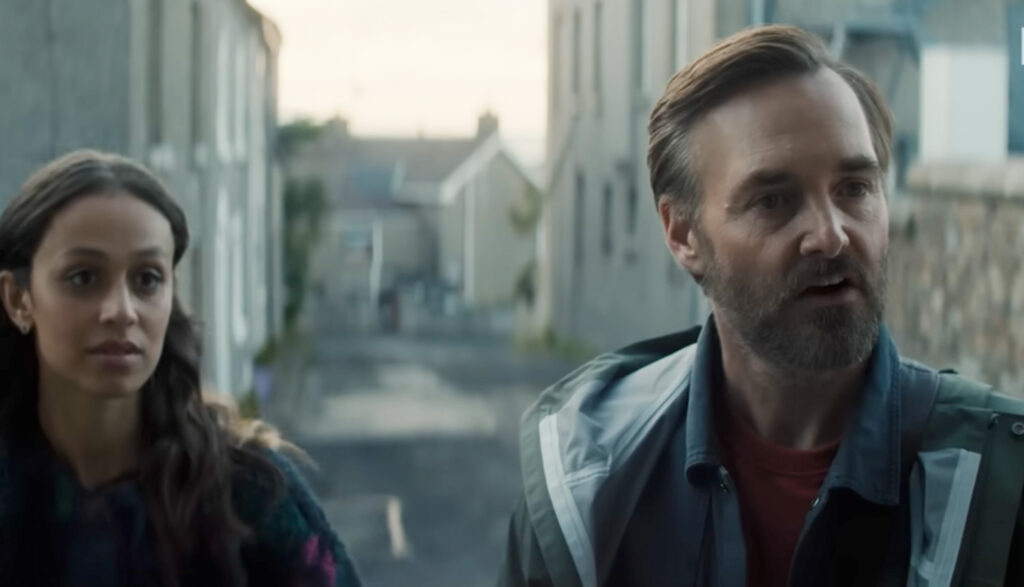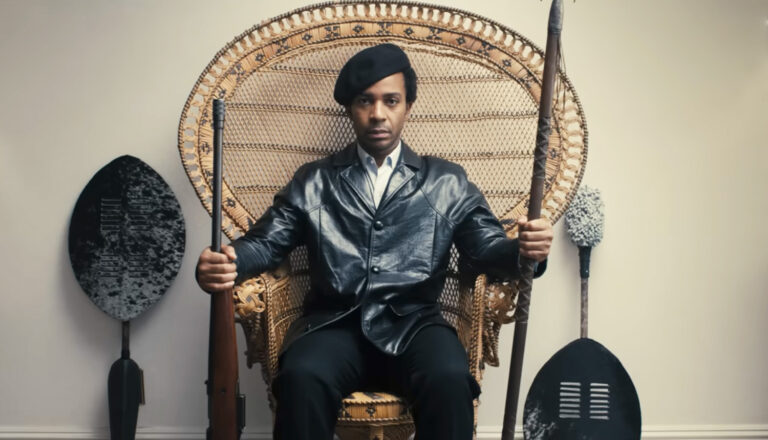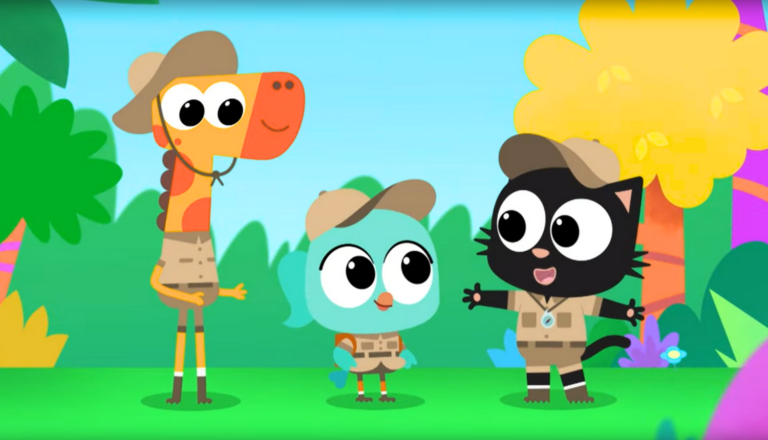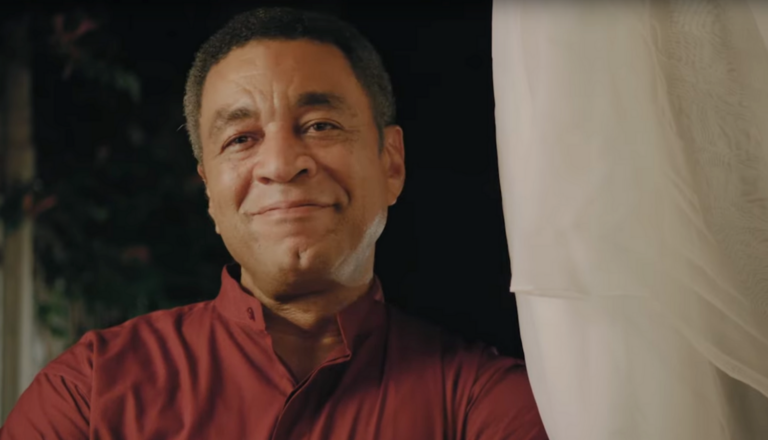
Doctor Who
The good Doctor’s been flitting around time, space and the BBC since 1963. Now he’s also a fixture in the US, toting his curiously British brand of sci-fi in his highly mobile TARDIS. Just how safe is this contraption?

The people of Ireland are known for being quite friendly.
But ask them what they know about the three people who disappeared from the Samhain festival 25 years ago, and they’ll quickly grow hostile.
So Gilbert and his research assistant, Emmy, have learned about the Emerald Isle. They’re podcasters hoping to use the festival as the basis for a sensational true-crime story. It’s a story made even more timely given that Bodkin, the little coastal town in which the disappearances occurred, is restarting its Samhain festivities for the first time since the incident. But to their frustration, they find the townsfolk seem to care far more about one question.
“People will listen to the podcast?” They ask.
“Yes. Why does everybody ask that?” Emmy responds.
And they’re not the only ones looking into the story. Because when Dove, a reporter for The Guardian, finds the whistleblower from her last piece hanging by a noose in his bedroom, her boss convinces her to flee London and join Gilbert and Emmy—just until the storm of those events pass over.
Dove’s…not exactly excited about the job. To her, true-crime podcasts are just nothingburgers that solve little and sensationalize lots for clicks.
But soon Dove, like Gilbert, recognizes that a deeper story does rest in Bodkin. Because as they speak with the people there, they only find locals who sidestep or ignore their questions—unless the locals flat-out lie.
Because if they did uncover the truth, well, people would listen to the podcast.
And they certainly can’t have that.
The title Bodkin, like the residents of this quiet Irish hamlet, doesn’t give much away. It’s hard to tell what kind of show something called Bodkin might be. Turns out, the answer is an Irish dark comedy thriller.
The “thrill” comes from the subject matter. Three people mysteriously disappeared over two decades ago, and there are plenty more who’d rather the podcasters not dredge up the matter once more.
That means that violence—and corpses—occasionally pop up. Some clues require entering a room full of onscreen naked bathing women. Onscreen sex and LGBT content is dug up, too. And as matters get murkier, so too does the language, with heavy reliance on the f-word and the occasional c-word.
Ireland is frequently listed as one of the safest countries in the world. But the same cannot be said for the Irish Bodkin.
Gilbert, Dove and Emmy arrive in Ireland and seek out leads in Bodkin for their true-crime podcast.
Dove says that true-crime podcasts are pure “necrophilia.” We hear a couple references to sex.
A man is found having hanged himself. A woman is hit by a car and threatened. Someone lights a car on fire.
We hear a reference to fairies because of the Samhain festival, the “Irish night of the dead.” We’re told that wearing costumes on Halloween originated with Samhain festivals, since the belief was that dead relatives would return on that night, and they could find you if you weren’t wearing a costume to disguise yourself.
A nun drinks beer. Others drink, too, and Gilbert suffers a hangover. A man urinates.
The f-word is used 20 times, and the s-word is used four times. “H—” is used twice. God’s name is used in vain seven times, and Jesus’ name is misused nine times.


Kennedy Unthank studied journalism at the University of Missouri. He knew he wanted to write for a living when he won a contest for “best fantasy story” while in the 4th grade. What he didn’t know at the time, however, was that he was the only person to submit a story. Regardless, the seed was planted. Kennedy collects and plays board games in his free time, and he loves to talk about biblical apologetics. He thinks the ending of Lost “wasn’t that bad.”

The good Doctor’s been flitting around time, space and the BBC since 1963. Now he’s also a fixture in the US, toting his curiously British brand of sci-fi in his highly mobile TARDIS. Just how safe is this contraption?

The Big Cigar’s protagonist, Huey P. Newton, founder of the Black Panthers, is suspicious of Hollywood. In that, Plugged In would agree.

Milo offers great messages about friendship and trying new things, and it’s free of most anything parents would find concerning.

People from all walks of life learn lessons from God Himself that will change their lives.